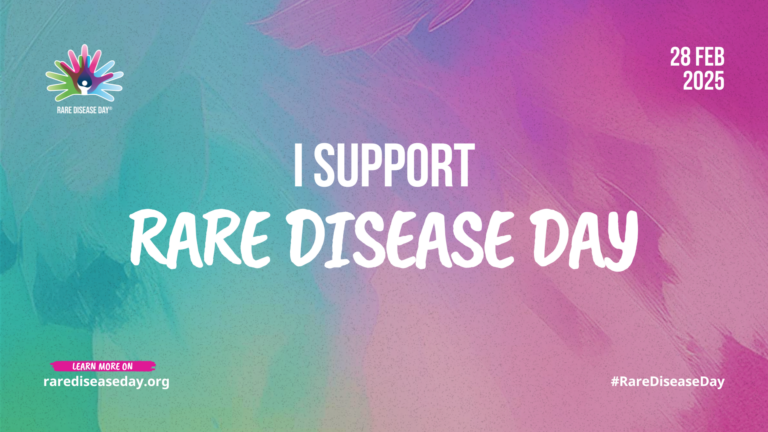A valuable start in taking charge of your health is to first be educated. Understand as much as possible about your condition from trustworthy resources. With that knowledge, you will be empowered to communicate more comfortably with your physician. Speaking openly with your healthcare team allows you to ask questions that are important to you as well as better understand the answers you will receive.
Involving family, friends, co-workers, and other healthcare specialists to help you through this process is important. Support groups and networking sites are places where you can meet people with the same condition. Surrounding yourself with a community of people who are like-minded will give you peace of mind that you are not alone.
You are in control
Always remember that you are in control throughout every step of your health journey. If your healthcare professional is dismissive of your complaints, try switching providers. If any visit, procedure, or process makes you feel uncomfortable, you can opt out of it. If you feel you are not ready to take some treatment steps, that decision is up to you and you alone.
Be open with your healthcare providers if any process or treatment is provoking anxiety. Anxiety is a natural response to an unfamiliar situation and if you are experiencing it, you are far from alone. Your providers will be familiar with anxiety and may have tools to help you cope.



